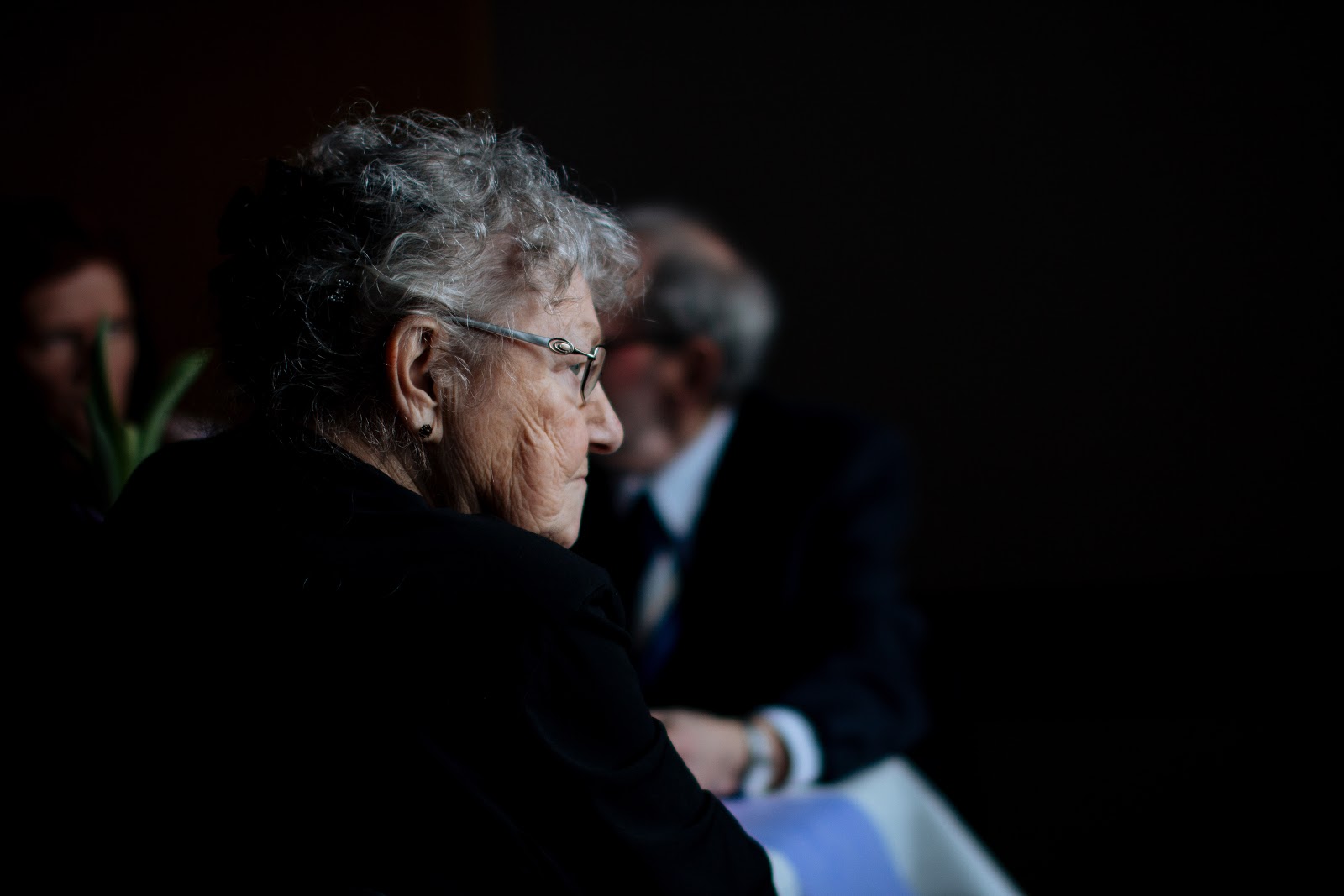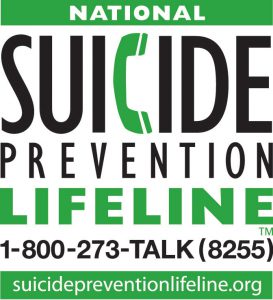A Prevention Toolkit
First things first: If you or someone you love is having thoughts of suicide, call a helpline to talk to someone trained in crisis intervention. If there’s an immediate danger, call 911. There is hope, and there is help.
- Friendship Line, 1-800-971-0016: Operated by the Institute on Aging, the Friendship Line is designed specifically for adults aged 60 years and older. They offer hotline services for urgent crisis intervention, as well as warmline services for non-urgent emotional support. The Friendship Line also performs ongoing outreach calls to seniors in need.
- National Suicide Prevention Lifeline, 1-800-799-4889: The Lifeline is a federally-funded crisis intervention hotline. Support is also available in Spanish at 1-888-628-9454, TTY at 1-800-799-4889, or via instant messaging through Lifeline Crisis Chat.
- National Hopeline Network, 1-800-442-4673: This nonprofit hotline offers crisis intervention by trained volunteers through their phone line and their online chat at IMAlive.org.
All of these crisis hotlines are toll-free and operated 24 hours a day, seven days a week.
Suicide Among Older Adults: The Facts
Middle-aged and senior adults have the highest suicide rates of any age group, with adults aged 45 years and up accounting for nearly 40 percent of the United States’ suicides in 2015. However, suicide is often seen as a problem among teenagers and young adults, even though people aged 15 to 24 accounted for just 12.5 percent of suicides in 2015.
Why is suicide so common in adults as they reach their later years? During retirement planning, questions of financial solvency, accessible living, health care, and other basic needs are addressed, but all too often the emotional needs of an aging adult are neglected. However, social connection and emotional support are a crucial element of aging well, and the effects of isolation can be devastating.
Social isolation in seniors has been linked to high blood pressure, hastened cognitive decline, and a heightened risk for unhealthy behaviors like a sedentary lifestyle, smoking, and substance abuse. Most notably, isolation and loneliness are linked to poor mental health, including a significantly increased chance of depression and a pessimistic outlook about the future, and of course, alcohol abuse can exacerbate these feelings. Considering that the top two risk factors for people who die by suicide are depression and substance abuse, these aren’t facts to ignore.
Suicide Among Older Adults: What You Can Do About It
A supportive community can make all the difference for adults reaching their later years. Being a part of a community does more than reduce the effects of isolation: It gives people a greater purpose, exposes them to hobbies and fun activities, keeps them physically active, and gives them a shoulder to lean on when times get tough.
Adults concerned about social isolation can create community connections by getting involved in volunteering, craft and hobby groups, activism, a religious community, or any other group that meets on a regular basis. In addition to attending scheduled gatherings, initiate get-togethers outside of the group setting so that friendships last beyond the activity.
While staying socially active is a great way to prevent mental illness like depression in later life, it’s not always enough. Adults who have dealt with trauma or grief, or who have a history of mental illness may need to utilize more resources to stay mentally well as they age. Leading a healthy lifestyle with a good diet and plenty of physical activity can help balance moods and reduce stress. Therapy can aid adults in developing positive thinking habits and coping skills, and help them work through troubling issues. A service dog can provide emotional support and companionship and, depending on its training, may even be able to support its owner in the tasks of daily living.
Getting older can be tough, but it shouldn’t seem like an insurmountable challenge. If you find yourself struggling to cope with life in the later years, don’t wait to reach out for support.
Image by Christian Langbelle




